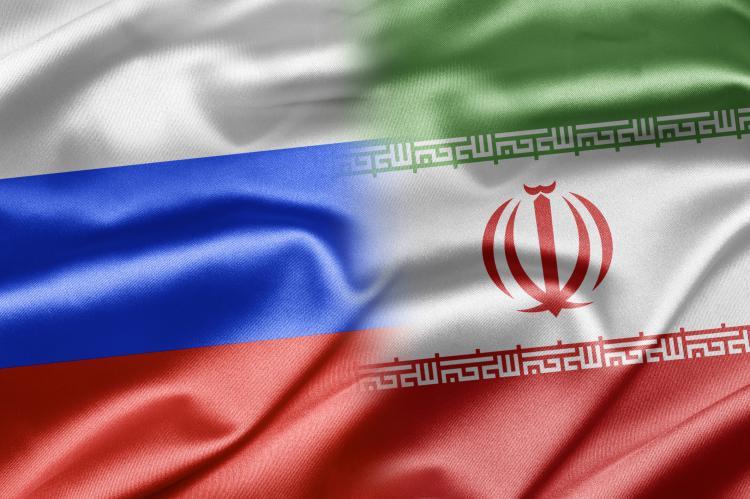Russia and Iran Move to Create One of the Largest Global Natural Gas Cartel

Last month, Gazprom and the National Iranian Oil Company (NIOC) signed a $40 billion Memorandum of Understanding (MoU). The MoU has been hailed as a move that will enable Iran and Russia to implement their long-standing plan of becoming the major players in a global cartel for gas suppliers, similar to the Organization of the Petroleum Exporting Countries (OPEC) for oil suppliers.
This 'Gas OPEC,' whose foundation is in the GECF (Gulf Exporting Countries Forum), could play a role in coordinating large amounts of the world's gas reserves and controlling gas prices in the future.
Russia and Iran, the number one and two world's largest gas reserves, are best placed to coordinate the reserves and control prices. Russia has around 48 trillion cubic meters of gas reserves, while Iran possesses 38 trillion cubic meters.
The Russia-Iran partnership aims to have as much control as possible over the two main elements in the global supply chain matrix – over-the-land gas supply via pipeline and maritime supplies via ships in LNG.
"Now the Russians have come to the conclusion that the consumption of gas in the world will increase and the tendency towards consumption of LNG has increased, and they alone are not able to meet the world's demand, so there is no room left for gas competition [between Russia and Iran]," said Hamid Hosseini, Chairperson of Iran's Oil, Gas, and Petrochemical Products Exporters' Union.
Key Elements
The MoU between Gazprom and NIOC comprises four key elements aimed at the build-out of a Gas OPEC. According to one element, Gazprom has pledged to fully support NIOC to develop the $10 billion Kish and North Pars gas fields to produce over 10 million cubic meters daily.
The second element is that the state-backed gas giant will fully fund a $15 billion project to increase pressure in the South Pars gas field on the Iran-Qatar border. In the third element, Gazprom will fully assist NIOC in completing various LNG projects and constructing gas export pipelines.
The final element is that Russia will try to encourage other major gas powers in the Middle East to participate in the Gas OPEC cartel's gradual roll-out.
The Russia-Iran alliance is determined to win the support for the Gas OPEC cartel from other key producers in the Middle East considered undecided on who to commit to between the US-Europe-Japan axis and Russia-Iran-China axis.
Qatar, the world's 3rd largest gas reserve and the largest LNG supplier, has always been considered a prime candidate for Russia and Iran for such a cartel, considering that it shares the 9,700 square kilometres gas reservoir with Iran.
Qatar and Iran reached the new partnership accord in 2017 on the shared reservoir. Qatar controls 6,000 square kilometres of the reservoir, with Iran having an exclusive right over 3,700 square kilometres. Since the accord's signing, Qatar has tried to avoid alienating either Russia or Iran.
